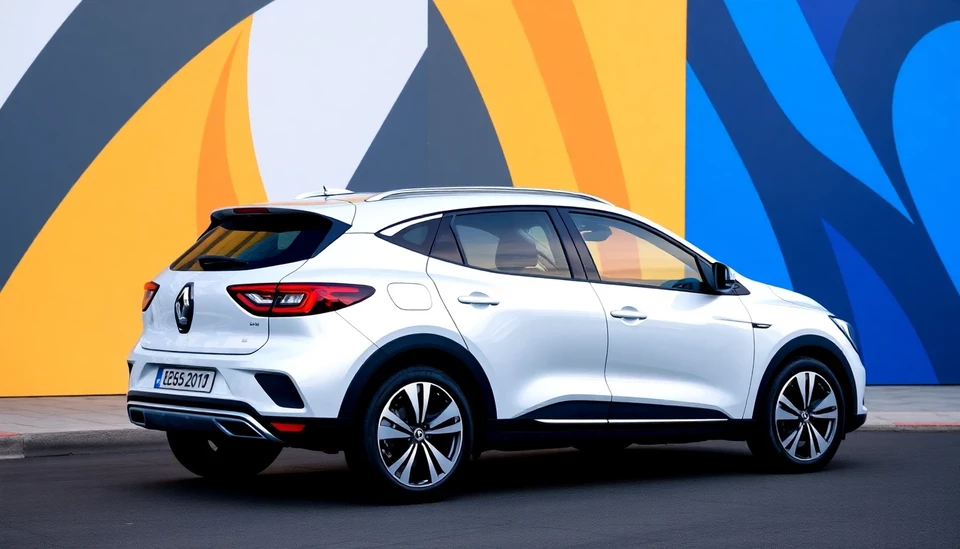
The rapid rise of electric vehicles (EVs) in China is poised to drastically affect global gasoline consumption, with significant implications for the oil market. According to experts, the escalating popularity of EVs in the world’s largest automotive market could potentially drive gasoline demand to unprecedented lows in the coming years.
China has become the epicenter of the electric vehicle revolution, cementing its position as a leader in the production and sales of EVs. Recent data reveals that over 7 million electric vehicles were sold in China in 2023 alone, representing a remarkable increase of more than 30% compared to the previous year. This surge is fueled by a combination of government policies aimed at reducing carbon emissions, as well as advancements in EV technology and increasing consumer acceptance.
Analysts predict that if current trends persist, gasoline demand in China could plummet by as much as 1 million barrels per day by 2030. This would mark a seismic shift within the global oil markets, particularly for countries that rely heavily on Chinese gasoline consumption. Major oil-producing nations may need to brace themselves for a future where the demand for gasoline shrinks significantly due to the growing adoption of cleaner energy alternatives.
The Chinese government has implemented aggressive policies, including subsidies and incentives to promote the purchase of electric vehicles. Additionally, the expanding network of charging stations and improvements in battery technology have further enhanced the feasibility of EVs, contributing to their rising popularity among consumers.
Industry experts are already observing how the EV boom is influencing oil market dynamics. Major oil companies are beginning to recalibrate their strategies in response to these trends. For instance, several oil giants are investing in renewable energy sources and shifting focus towards sustainable practices as they anticipate a long-term transformation in energy consumption patterns.
The implications of China's EV growth extend beyond its borders, as global oil prices are widely subject to the trends and demands of the Chinese market. With projected decreases in gasoline demand, oil-producing nations may experience volatility in oil prices and a shift in their economic landscapes. Countries heavily reliant on oil exports may find themselves reevaluating their economies, adapting to an inevitable future of diminished oil revenues.
This looming shift in energy consumption is not only a challenge for oil-producing countries but also presents an opportunity for those invested in renewable energy technologies. The transition towards electric vehicles signifies a growing market for alternative energy solutions, further solidifying the importance of sustainable practices in combating climate change and securing a cleaner future.
As the world watches China’s electric vehicle revolution unfold, the focal point will undoubtedly be on how this trend will ripple throughout the global oil market. The balance of supply and demand may be irrevocably altered as consumers increasingly opt for electric vehicles over traditional gasoline-powered cars, marking a decisive turning point in the fight for a more sustainable planet.
In conclusion, the electric vehicle boom in China is not merely an automotive trend; it signals a transformative shift in global energy consumption patterns that could redefine the future of gasoline and the oil industry as a whole.
#ElectricVehicles #ChinaEV #GasolineDemand #OilMarket #Sustainability #RenewableEnergy #ClimateChange #FutureOfTransportation
Author: Peter Collins




